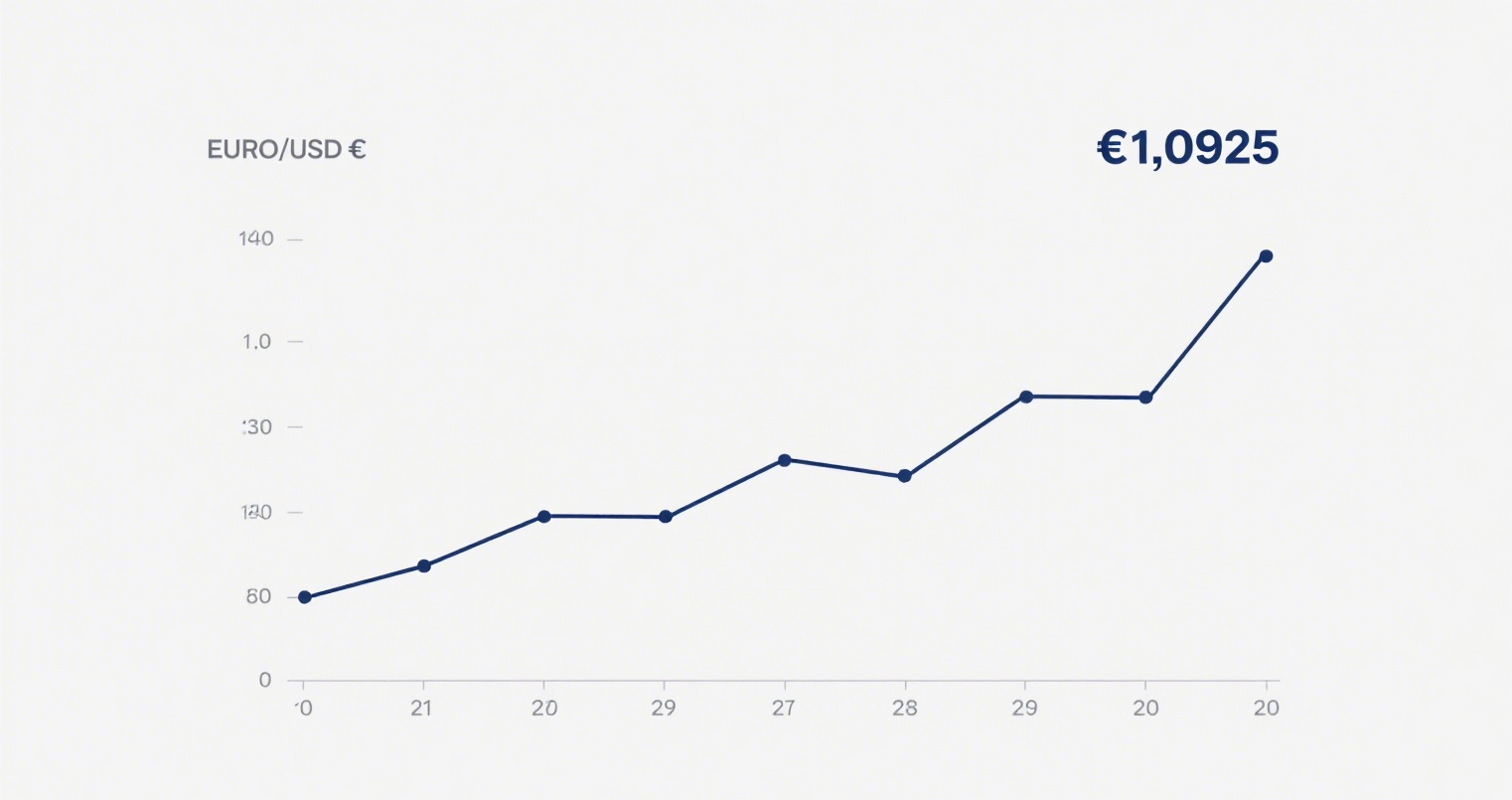
Comprehensive Governance of Fake and Substandard Oil: Ministry of Commerce Issues Regulations to Standardize Refined Oil Distribution Management
Refined oil products are vital to people's livelihoods. Recently, the Ministry of Commerce issued the "Refined Oil Distribution Management Measures" (hereinafter referred to as the "Measures") to regulate the domestic refined oil market and guide the healthy and orderly development of the industry. The new regulations will officially take effect on September 1.
It is understood that in recent years, with China's economic and social development, new issues have emerged in the domestic refined oil market. For example, there are "non-standard oils" in the market that are not produced by正规 refineries and fail to meet national standards. These substandard oils are blended from good and劣质 oils in certain proportions and sold at low prices. Additionally, some "illegal fueling stations" engage in short-weighting practices, severely harming consumer interests. China is the world's second-largest oil consumer, with approximately 110,000 gas stations nationwide.
According to the "Measures," refined oil refers to gasoline, kerosene, diesel, and alternative fuels such as ethanol gasoline and biodiesel that are primarily composed of these products, comply with national industrial policies and mandatory product quality standards, and serve the same purposes.
Furthermore, China is the world's second-largest oil consumer, with combined gasoline and diesel consumption exceeding 350 million tons. The approximately 110,000 gas stations across the country serve over 500 million drivers and more than 400 million vehicles.
Wang Nengquan, Deputy Director of the Expert Committee of the China Petroleum Circulation Association, noted that for some time, violations by certain enterprises have occurred frequently, severely harming consumer interests and disrupting the normal operation of the petroleum industry and the national economy.
Wang explained that, on one hand, some enterprises illegally produce refined oil, engaging in counterfeiting and short-weighting. Some informal refineries produce "non-standard oils" that fail to meet national standards. These oils,未经精细加工和提炼, contain many impurities but can still burn. They are often blended from good and劣质 oils in certain proportions and sold at low prices. On the other hand, some informal fueling stations illegally sell refined oil, with "black gas stations" operating without licenses or permits. Some even冒充 brands like Sinopec or PetroChina, offering slightly lower prices but evading taxes and harming national interests.
Additionally, N Video reporters found that illegal transportation of refined oil also exists in the market. Some illegally modified "black oil trucks"—converted from SUVs, vans, or tanker trucks—appear ordinary on the outside but are equipped with oil tanks, fuel nozzles, and meters, essentially functioning as mobile mini gas stations. These vehicles are often called "black oil trucks" or "ticking time bombs" on the road.
The illegal sale of substandard gasoline and diesel by "black oil trucks" not only disrupts market order but also容易 causes engine failures. Substandard gasoline, with its high volatility and low flash point, poses a risk of combustion. If such incidents occur in crowded areas, they could严重 endanger lives and property.
"Strengthening industry management and supervision to standardize enterprise operations is now an urgent task," Wang said. On February 5, 2025, the General Office of the State Council issued the "Opinions on Promoting High-Quality Development of Refined Oil Distribution" (hereinafter referred to as the "Opinions"),明确指出 refined oil is a foundational and strategic resource related to the national economy and people's livelihoods, closely tied to economic operations and daily life. The document outlines specific requirements for improving China's refined oil distribution management system and promoting high-quality development, with the first being to "improve the refined oil distribution management system."
















